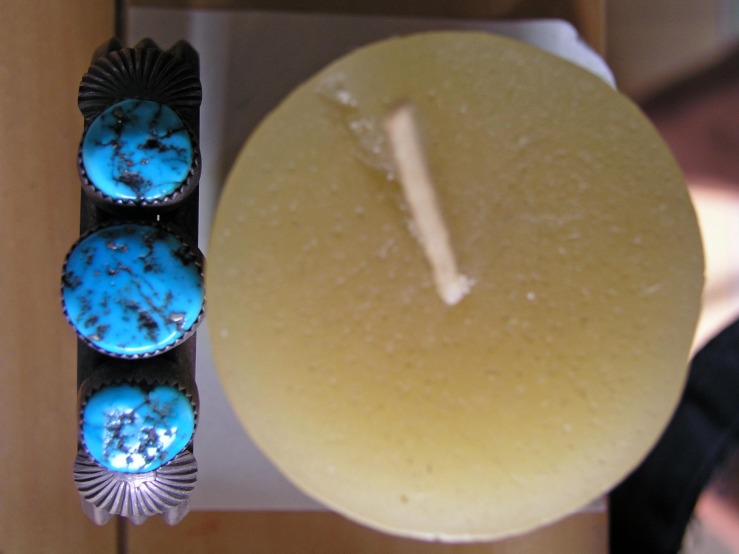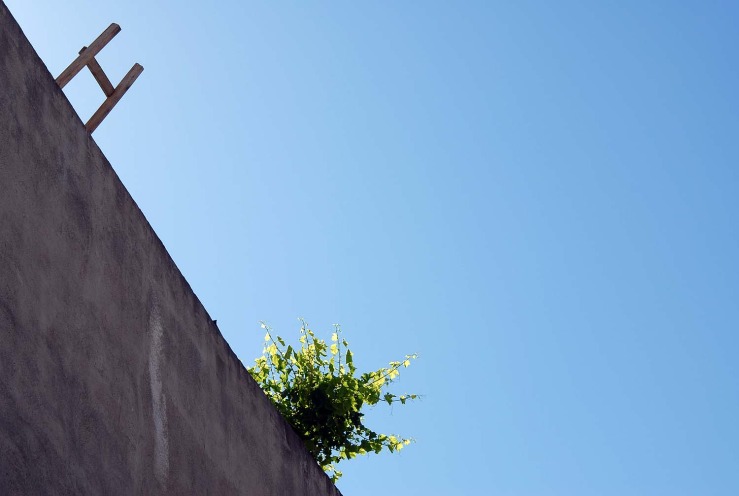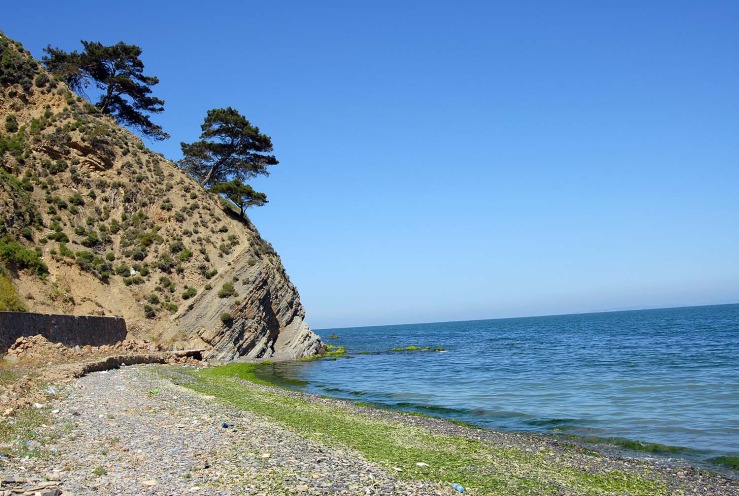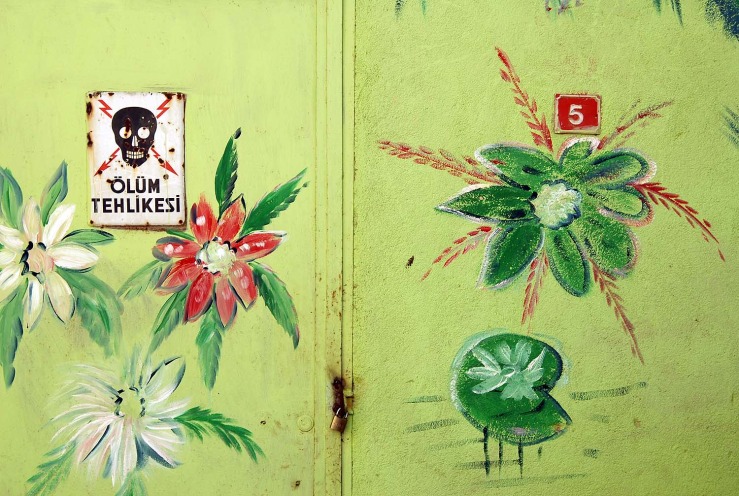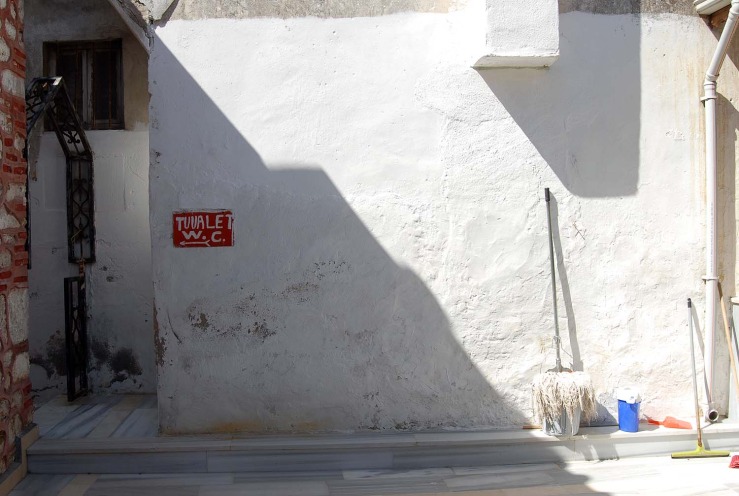Buy a Watermelon - Get a Free Car
It's summer and the watermelons are rolling in from the fields. They're rolling and shucking and jiving downhill in high gear. When they get to the bottom of the fields they jump into the back of long white fat flat bed trucks.
They roll up nice and tight, cuddling against one another for warmth and security. Green on the outside with a delicious red core featuring black seeds.
The other day we passed a man standing on melting asphalt under an umbrella in broiling heat near an automobile factory. He was surrounded by watermelons. He had a large sign. It read:
"Buy a watermelon and get a free car!"
Obviously it's next to impossible to drive a watermelon so thousands of wanta-be drivers were pushing and shoving trying to buy a watermelon.
"I want a watermelon. I want a car!"
You wouldn't believe how desperate some people become when their dream of getting a free car by buying a watermelon is close to becoming reality.
Over at the car factory guards were confronted with teeming masses of humans bearing watermelons.
"Where's our free car?"
A guard called his mom to ask for advice. "What should I do mom?"
"Good question. Check the watermelons first. There are a lot of fakes on the market this season and parking is a serious problem."
Peace.








 Share Article
Share Article 

